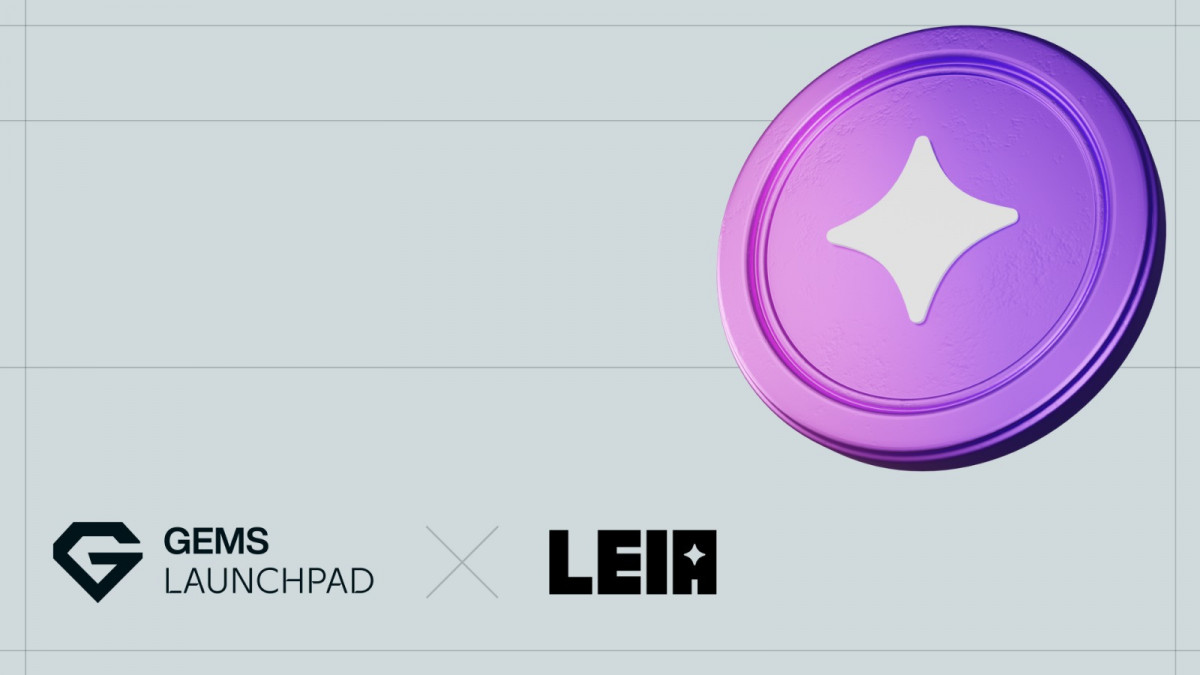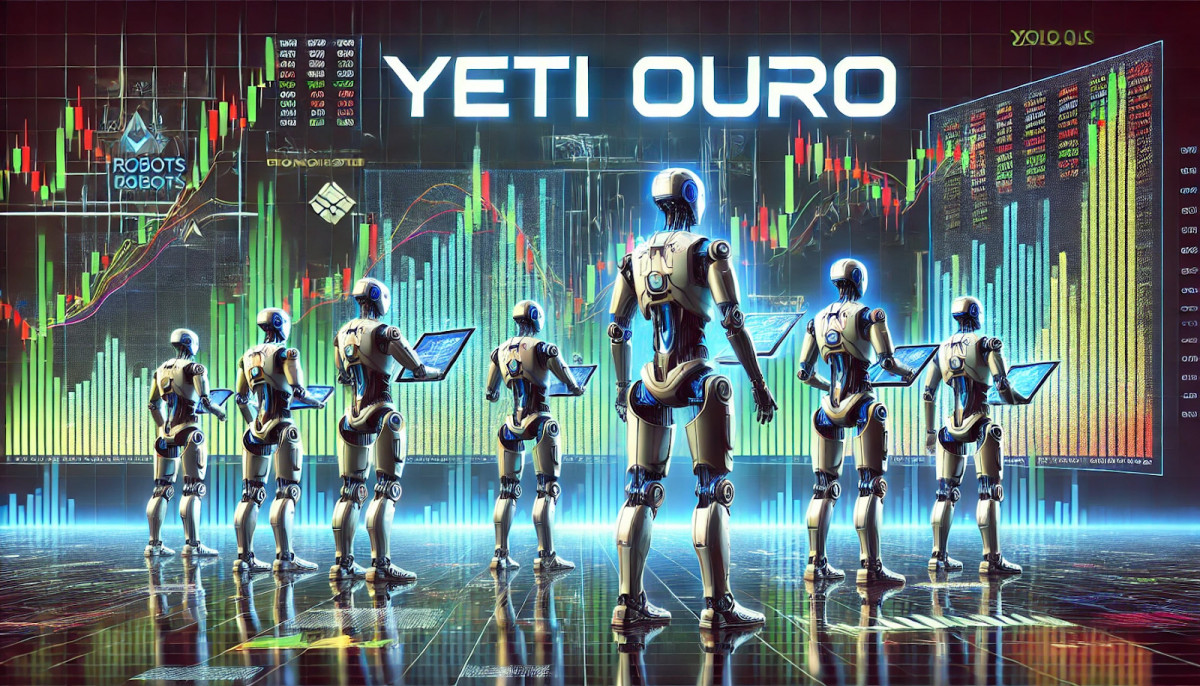
© Reuters. The Future of the Internet: Is the Dark Web the Last Hope for Decentralization?
The Internet still remains the biggest decentralized communication system humanity has ever seen. However, the tendency of centralization stirs a fierce debate among users, authorities, and tech innovators about the future of the Internet.
Apart from governments’ attempts to impose regulation on the centralization of the Internet, blockchain technology might propose a different future. A decentralized future.
Decentralized networks, such as the Dark Web, are still mainly associated with obscure, criminal activities. Is there a way to rebrand the so-much-needed anonymity and equality on the World Wide Web? The newest developments in the blockchain space, with projects like TomiNet, might be a step forward.
The Internet is Constantly Evolving
Since its inception, the Internet has intensively developed. During the first era, from the 1980s through the early 2000s, internet networks were dependent on community governance and open protocols. The Web’s inventors envisioned it as a space where everyone could create and access information, promoting equality.
From the mid-2000s, the governance of the Internet started to shift into the hands of big tech companies. The most notable are Google (NASDAQ:), Facebook (NASDAQ:), Amazon (NASDAQ:), and Apple (NASDAQ:). The services provided by open protocols could no longer catch up with the services built by tech behemoths.
Users eventually moved toward more centralized services. Even when consumers accessed open protocols like the Web, they did it through software provided by big tech companies. This trend was accelerated even more by the growth of smartphone usage. Mobile apps and mobile interfaces became the primary way to access online content.
Why Does Decentralization Matter?
A fundamental premise of the Internet is that all online material should be treated equally, referred to as “net neutrality.” However, by providing centralized access to internet services, tech companies became gatekeepers. They control and generate profits from altering access to certain information.
The algorithms of social media platforms, as well as the data flow, is a black box governed by big tech companies. Most internet users’ online activity is concentrated on just a few social networks and messaging apps, which gives a lot of power to the tech companies owning the apps. Following the Snowden revelations and the Cambridge Analytica incident, public anxiety about surveillance and privacy has increased.
Just two companies, Google (Android) and Apple (iOS), dominate the smartphone market. Since purchasing WhatsApp and Instagram, in addition to Facebook Messenger, Facebook now owns most of the messaging industry in nearly every nation except China.
More than 90% of mobile Internet users in large cities in China use WeChat for texting. The app is also used for dating, banking, cab ordering, shopping, and other purposes. Google made it to headlines in 2018 after collaborating with Chinese authorities to implement a censored version of its search engine in the country.
Decentralization has a different proposition. A decentralized network is open and controlled by everyone. Nobody can own, govern, or turn it off for everyone. The users and the online community manage the decentralized networks by using blockchain technology as a tool for governance.
The technology also enables users to own their data, allowing people to move their personal data freely from one online platform to another. Of course, decentralized networks are not a silver bullet. Still, it solves the problems of governance and transparency of data usage.
Dark Net: The Hope For Decentralized Internet?
The Internet has never existed without its decentralized competitors. One of the most notorious players has been the ill-reputed Dark Web. Developed in the 2000s, almost simultaneously with the Internet, the Dark Web became a peer-to-peer network that allows users to browse and interact anonymously.
Paradoxically, criminals are not the only ones using the Dark Web. Whistleblowers, journalists, activists, intelligence agencies, law enforcement, and dissidents from oppressive regimes rely on the network for their work, as it often requires high levels of confidentiality.
However, the uncontrolled depths of the Dark Net are a hotspot for bad actors. They deal in illegal products, such as drugs, guns, illegal pornography, stolen personal data, hitmen services, and more.
So, is there a middle ground? Could blockchain technology lay the path to a network that would provide the best from both Web 2.0 and Web3?
Searching For Decentralized Alternative Networks
While the Dark Web continues with its villain reputation, blockchain enthusiasts are searching for ways to create decentralized networks that would live up to the idea of the Internet per se.
One of the biggest challenges the decentralized Internet faces is illicit activities. If there is no censorship and no watchdog is surveilling the network, it becomes a place to go for shady actors. It might not seem very easy to solve this puzzle. However, advancements in blockchain technology governing the decentralized network might make it possible.
One of the examples recently introduced into the industry is TomiNet. Using community-led DAO, the TomiNet network claims to secure it from illicit activities but preserve privacy and anonymity. Users can access the Web through TomiNet’s browser and surf with a built-in VPN. This allows them to access uncensored information in countries that censor and hide IP addresses.
One of the significant roles of the tomiDAO is to regulate or block sites that violate community guidelines. Community votes on decisions via “Pioneer” NFTs and Tomi tokens. Terrorism, child pornography, and other forms of violence are among the categories on the blacklist to be voted down by the DAO.
Another issue in the current Internet is the power disbalance in the governance of Web 2.0. The Tomi team claims to hold weight equal to average users in voting on community guidelines and censorship. However, it will hold enough tokens to have a more decisive influence over the technical direction of the project in the initial stages.
However, the network is intentionally structured in a way that creates a path for the new Web users to out-vote the core developers and technological leadership within three years. The exact developer of the network is unknown, but some information claims that eight well-known crypto companies are behind it. The developers prefer to stay anonymous.
The future of the Internet is still unknown. Will the alternative networks be able to take the lead? One thing is clear: blockchain is opening new doors to how networks could be governed by empowering users.
On the Flipside
- Even though blockchain technology has the potential to empower users and close the gap in governance power, the future is still being determined. Once WWW was developed, the creators were enthusiastic about how it would facilitate democracy and equality. However, over the years, its control was solidified in the hands of big tech companies. History can repeat itself.
Why You Should Care
Web 2.0 receives backlash for data privacy issues and manipulating data to generate profits. While the Dark Web is still mainly used for criminal activities, internet users searching for anonymity and privacy need alternatives.
Read More: news.google.com








 Bitcoin
Bitcoin  Ethereum
Ethereum  Tether
Tether  XRP
XRP  Solana
Solana  Dogecoin
Dogecoin  USDC
USDC  Cardano
Cardano  Lido Staked Ether
Lido Staked Ether  TRON
TRON  Avalanche
Avalanche  Sui
Sui  Wrapped stETH
Wrapped stETH  Toncoin
Toncoin  Chainlink
Chainlink  Shiba Inu
Shiba Inu  Wrapped Bitcoin
Wrapped Bitcoin  Stellar
Stellar  Hedera
Hedera  Polkadot
Polkadot  WETH
WETH  Bitcoin Cash
Bitcoin Cash  LEO Token
LEO Token  Uniswap
Uniswap  Litecoin
Litecoin  Pepe
Pepe  Hyperliquid
Hyperliquid  Wrapped eETH
Wrapped eETH  NEAR Protocol
NEAR Protocol  Ethena USDe
Ethena USDe  USDS
USDS  Internet Computer
Internet Computer  Aptos
Aptos  Aave
Aave  Mantle
Mantle  Cronos
Cronos  POL (ex-MATIC)
POL (ex-MATIC)  Render
Render  Ethereum Classic
Ethereum Classic  MANTRA
MANTRA  Bittensor
Bittensor  Monero
Monero  Tokenize Xchange
Tokenize Xchange  Dai
Dai  Artificial Superintelligence Alliance
Artificial Superintelligence Alliance  Virtuals Protocol
Virtuals Protocol  Arbitrum
Arbitrum